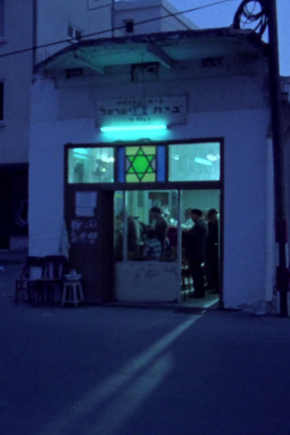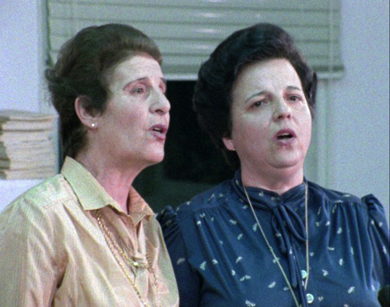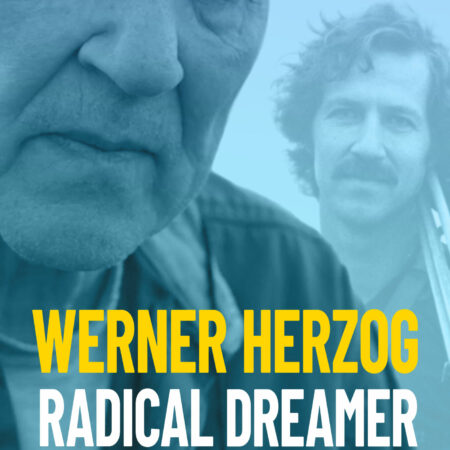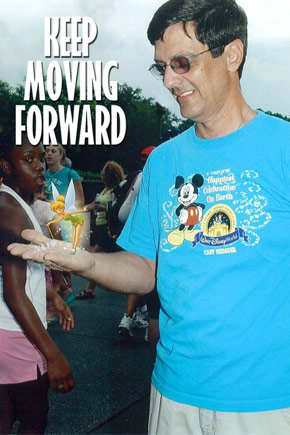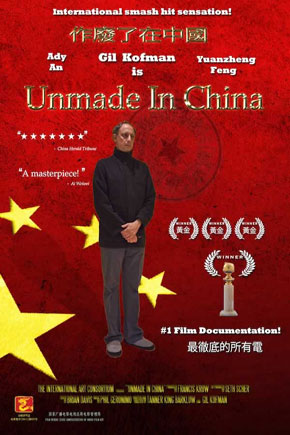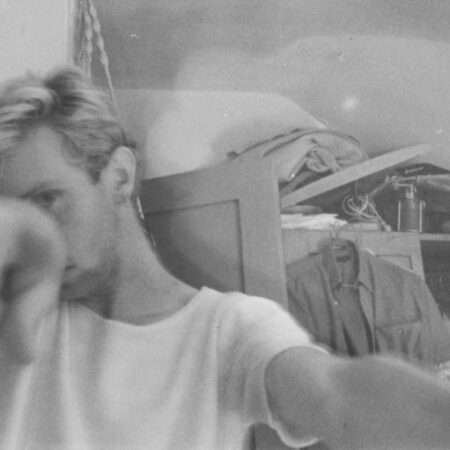Description
Educational Screenings
Emory University Libraries
Synopsis
This unique cinematic piece about language, memory and identity follows Ladino speakers their culture, their memories and their hopes for the future of their mother tongue. In Search of Ladino is a forgotten landmark of Holocaust cinematography, one of the first films to show Ladino speaking Holocaust survivors in Israel and to document their testimonies and songs. The film was meant to be part of a trilogy about languages Hebrew, Yiddish and Ladino but David Perlov never managed to make the other two. Perlov avoids being didactic. Focusing his gaze on the faces of his subjects and listening carefully to their stories and songs, he creates a film that brings the richness and diversity of Ladino culture back to life.
Director
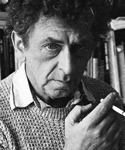
David Perlov was born in Rio de Janeiro and grew up in Belo Horizonte. At the age of 10, he went to live with his grandfather in Sao Paulo. At the age of 22, he moved to Paris and worked as a projectionist for the newly established Cinematheque. In 1957, he made his first short film, Tante chinoise (Old Aunt China), based on drawings of a 12-year-old girl of the French provincial bourgeoisie of 1890 which he found in the cellar of the Paris house in which he was living. In 1958, Perlov immigrated to Israel, settling with his wife on Kibbutz Bror Hayil. The couple had two daughters.
In 1963, Perlov made a 33-minute documentary In Jerusalem. This film came to be one of the most important films of Israeli documentary cinema. Although Perlov made two feature films by 1972 (The Pill and 42:6), his film proposals were repeatedly rejected by the Israel Broadcasting Authority and Israeli film board, which found his work too lyrical. In early 1973, Perlov bought a 16 mm camera and filmed his everyday life alongside dramatic events that took place in Israel at the time. He continued for 10 years until Channel 4 of British television expressed an interest in the project in 1983. The result was Perlov’s work Diary. From 1973 Perlov taught in the department of film and television at Tel Aviv University.
